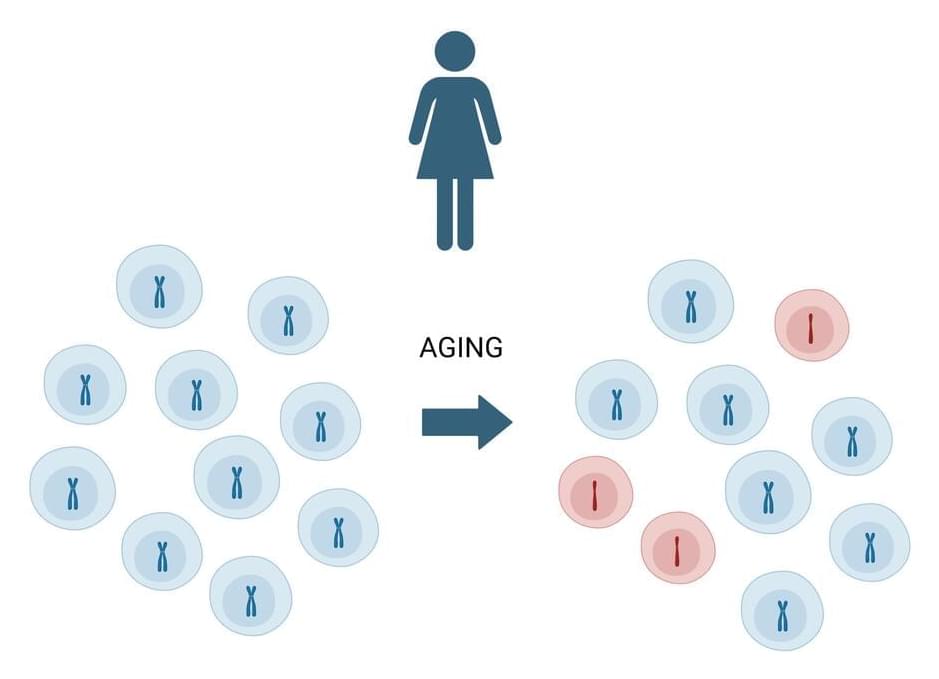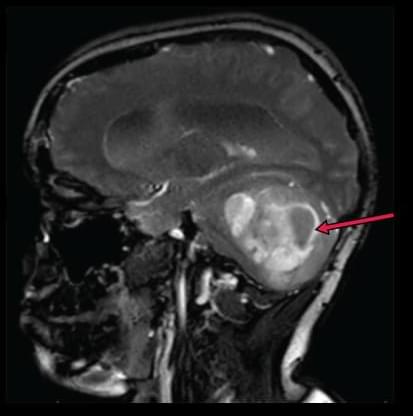Find out more about the link between how oral bacteria can alter the balance between health and disease beyond the oral cavity.


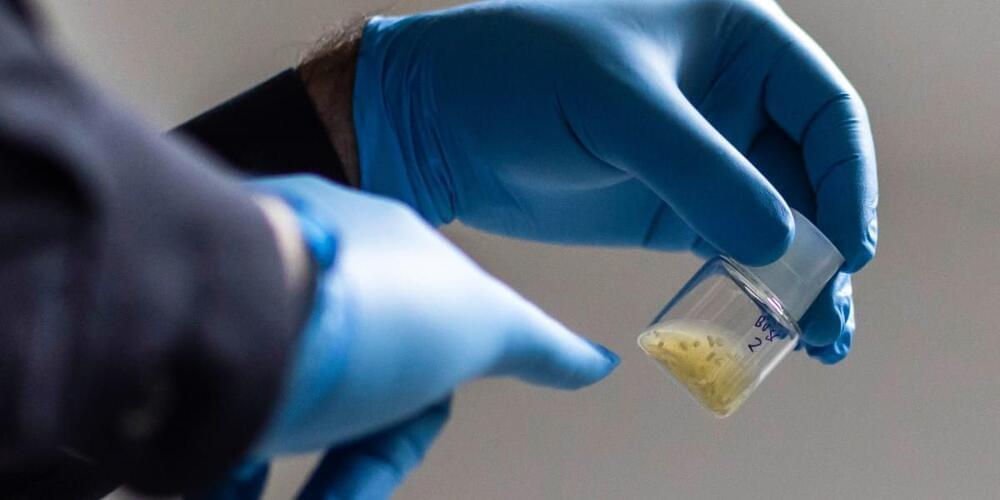
“We need a defined framework, but instead what we see here is a fairly wild race between labs,” one journal editor told me during the ISSCR meeting. “The overarching question is: How far do they go, and where do we place them in a legal-moral spectrum? How can we endorse working with these models when they are much further along than we were two years ago?”
So where will the race lead? Most scientists say the point of mimicking the embryo is to study it during the period when it would be implanting in the wall of the uterus. In humans, this moment is rarely observed. But stem-cell embryos could let scientists dissect these moments in detail.
Yet it’s also possible that these lab embryos turn out to be the real thing—so real that if they were ever transplanted into a person’s womb, they could develop into a baby.
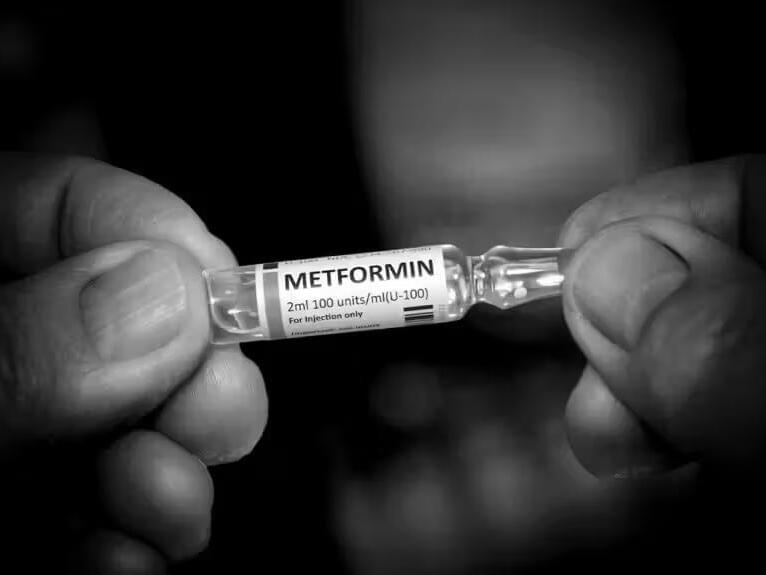
This study provides new insights into metformin’s effect on the molecular mechanisms inside cells and why it reduces proliferation of cancer cells, emphasising the role of miRNAs in colorectal cancer.
The authors suggest their findings highlight the potential for developing RNA therapeutics for cancer prevention and treatment and possibly for targeted interventions. Although there are several challenges in the field of miRNA therapeutics, this study could signal another step in their development as potential cancer treatments.
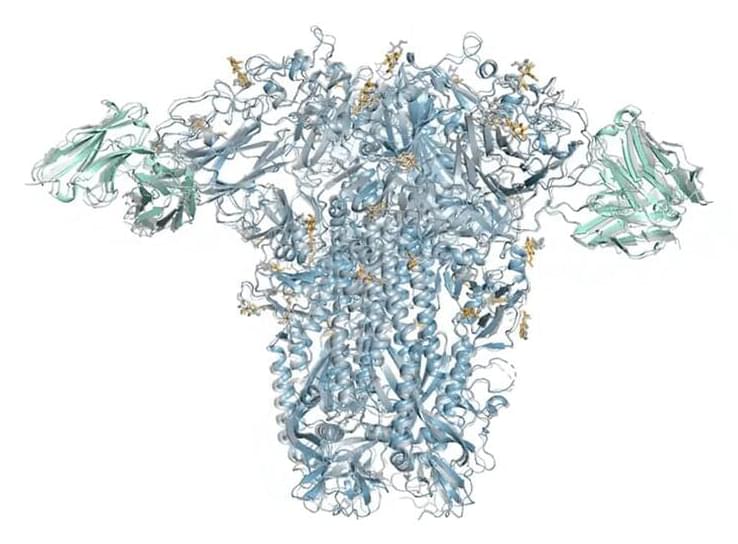

Colin Jacobs, PhD, assistant professor in the Department of Medical Imaging at Radboud University Medical Center in Nijmegen, The Netherlands, and Kiran Vaidhya Venkadesh, a second-year PhD candidate with the Diagnostic Image Analysis Group at Radboud University Medical Center discuss their 2021 Radiology study, which used CT images from the National Lung Cancer Screening Trial (NLST) to train a deep learning algorithm to estimate the malignancy risk of lung nodules.

HiDEF-seq advances cancer treatment:
HiDEF-seq technique could further help develop or advance new prevention approaches or develop treatments for genetic diseases and even cancer.
Gilad Evrony, senior study author and a core member of the Center for Human Genetics & Genomics at NYU Grossman School of Medicine told Science Direct:
“Our new HiDEF-seq sequencing technique allows us to see the earliest fingerprints of molecular changes in DNA when the changes are only in single strands of DNA.”
